
‘The Bubbler’ reverse-transcribes RNA from airborne SARS-CoV-2, researchers say.

‘The Bubbler’ reverse-transcribes RNA from airborne SARS-CoV-2, researchers say.

People of color, women, and those with health conditions are most likely to experience hardship.
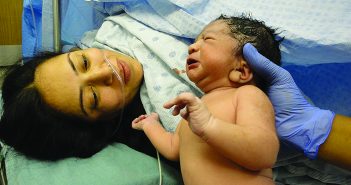
A long-term study engages Rhode Island families in research that may help countless children.
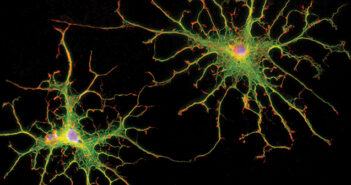
With $30 million in support, the center aims to accelerate the pace of development for novel treatments and cures.

Even in a pandemic, cancer research supporters pedal to fundraising success.
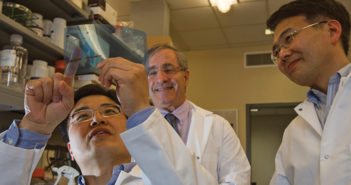
Accelerator fund supports biomedical technologies with commercial and therapeutic potential.
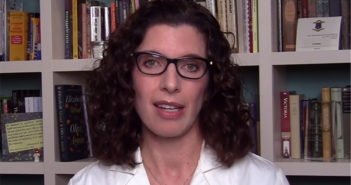
Megan Ranney, an associate professor of emergency medicine, urged the Select Subcommittee on the Coronavirus Crisis to ramp up manufacturing…

Study finds low proportion of individuals with autism receive recommended genetic tests.
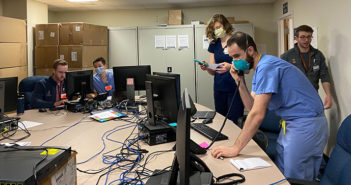
Unable to work with patients, med students help frontline workers by answering phones, distributing PPE, even babysitting.

When clinical rotations were paused, med students found new ways to support Rhode Island’s frontline health care workers.
Alexis Lawrence, MD, is an assistant professor of emergency medicine, clinician educator, at the Warren Alpert Medical School. A Brown…
Genetic testing can change the care, and the lives, of some people with autism.

Telemedicine builds bridges to better mental health for the state’s most isolated residents.
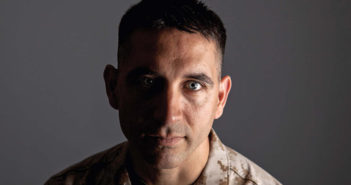
New center at Butler Hospital will study brain stimulation treatments for PTSD and other illnesses.

New program targets childhood obesity by helping whole families eat healthier.

An EEG-based test could improve patient pain assessments and reduce the over-prescription of opioids.

Regular walking may protect against heart failure after menopause.
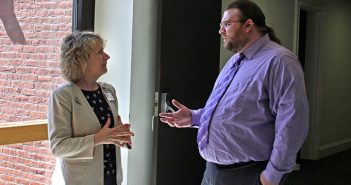
With patients’ advice and new tools, a hospital aims to prevent all suicide deaths.
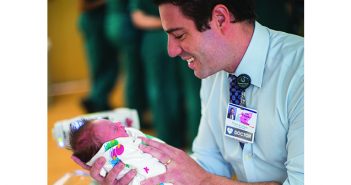
National group selects Rhode Island as a ‘learning lab’ state to prevent neonatal withdrawal.
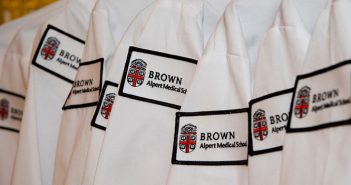
Agreement establishes the Warren Alpert Medical School as the institution of record for Care New England.

A therapy originally developed to treat cancer could help children with this rare, fatal disease to live longer.
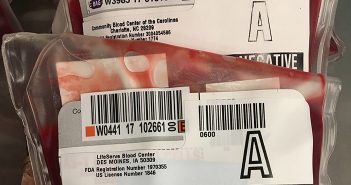
Researchers find some leukemia patients must choose between transfusions or end-of-life care.
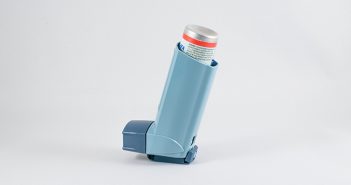
An $8 million NIH grant will expand community asthma care program led by two Medical School researchers.